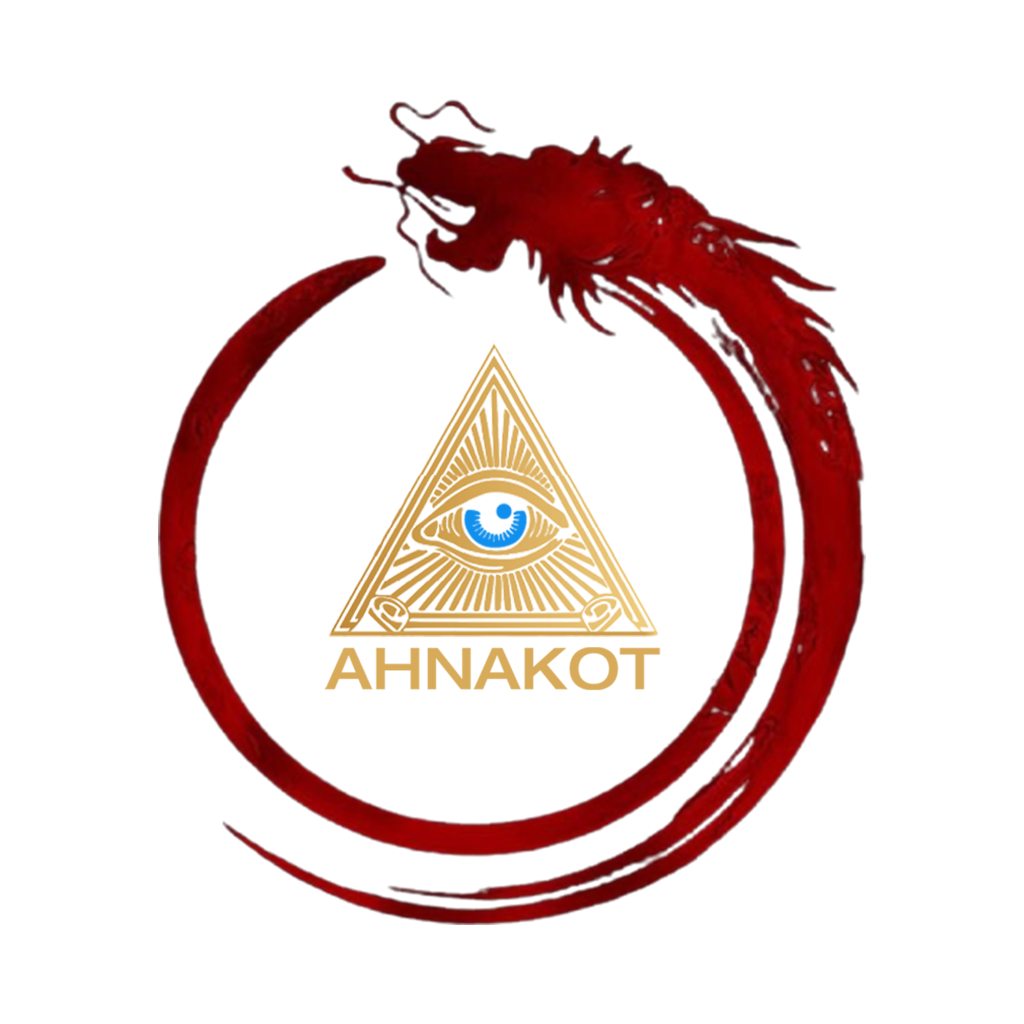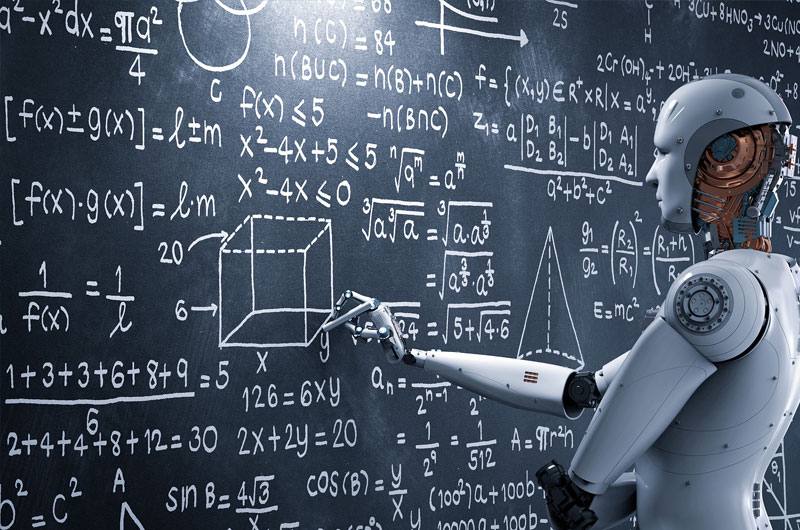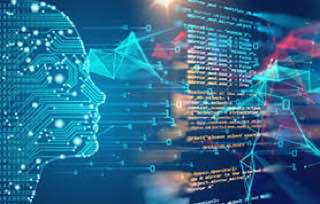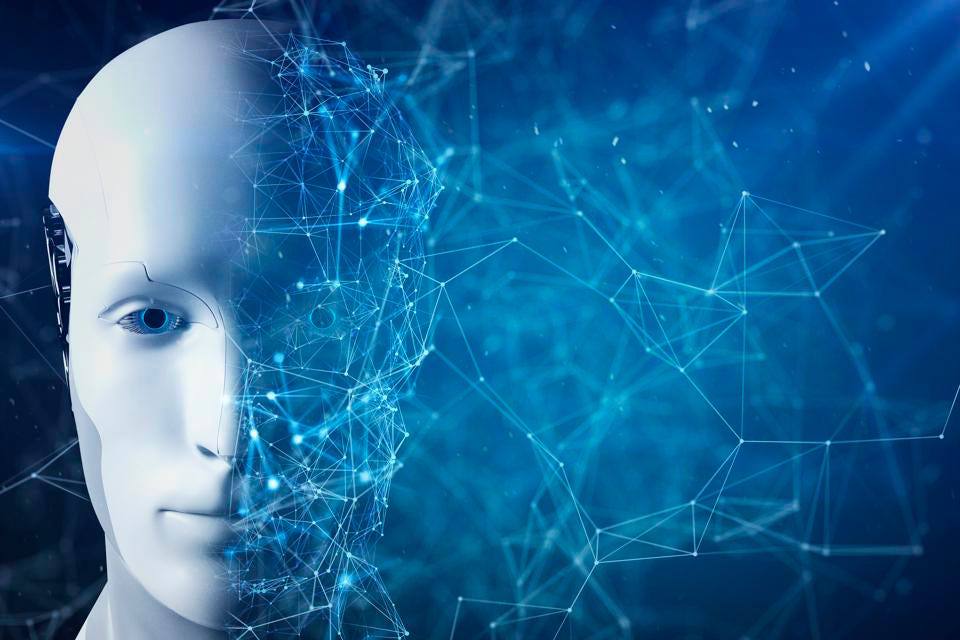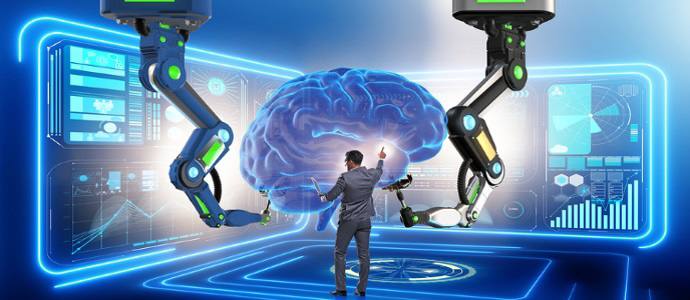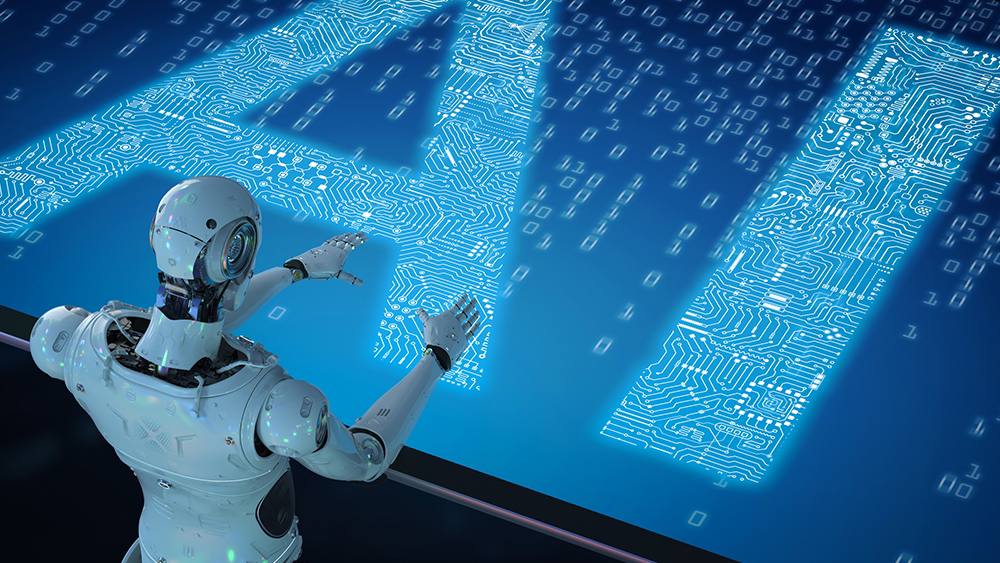Education
The AHNAKOT culture is about learning by doing, combining knowledge, creativity, and critical thinking with the latest technology and a digital mindset; to solve the problems of tomorrow. At AHNAKOT , we live and breath this culture by developing a bespoke learning ecosystem for all of its citizens.
Learning and knowledge are tools that can help inspire possible different futures for humanity and of the planet. The challenges of today may require innovative solutions beyond established sectoral approaches and disciplinary boundaries to re-purpose education for the future.
AHNAKOT Culture and Environment Offices
The stability of the planet could be helped by mobilizing education and diversifying knowledge, customs and culture. Research suggests that embedding a deep attachment to landscapes and material heritage instills a sense of concern for the world, and that studying, preserving and appreciating different languages, knowledge and customs enriches human collective consciousness by understanding the relationship between past and present. and future societies.
AHNAKOT Education plays a role by including sustainability studies as a means of promoting the survival of the planet. Earth science and the study of the environment enable students and communities to become more aware of the world they are creating and leaving behind.
AHNAKOT ‘knowledge community’ is one in which the responsibility is to be the ‘custodian of knowledge’ for everyone. This paradigm shifts the focus from a “stakeholder” perspective and changes the way we contribute to knowledge, in order to achieve sustainable development. The future of education can support the cognitive practices of groups and communities that recreate the values of their environment through the practice of cultural appreciation and symbolic recognition of place.
AHNAKOT Responsible citizenship
Education plays a role in the socialising process to build equitable and sustainable societies. School curricula that include philosophy, human rights, visual learning, socio-emotional competencies, media literacy and the humanities are said to be key to inclusivity and social justice. Global citizenship education aims to foster a future generation that is conscious of the need for planetary sustainability and focused on solving global challenges, including food shortage and planetary health.
